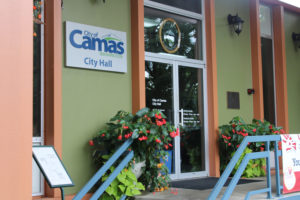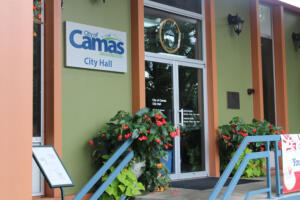Perhaps influenced by the ire of community members who consider themselves part of the Dorothy Fox Safety Alliance — a group that has spent the better part of a year demonizing recovering addicts in a quest to prevent a substance abuse treatment and recovery center from operating near the Dorothy Fox Elementary School in Camas’ Prune Hill neighborhood — members of the Camas Planning Commission have eagerly embraced changes to the city’s code that would severely limit where drug rehabs and sober living homes can operate in Camas.
If approved by the Camas City Council, the Planning Commission’s recommended code changes would make it impossible for drug treatment centers and sober living homes — group homes that allow people recovering from substance abuse to live amongst their peers in a safe, recovery-focused house free of drugs and alcohol — to operate in any of Camas’ residential or mixed-use zones. The planning commissioners also agreed to bar these types of facilities from being sited within 1,000 feet of Camas’ schools, parks and libraries.
To operate in other areas of the city — mostly in light industrial and business park zones — the facilities will need to get a conditional-use permit.
If the Camas City Council agrees to the code changes, the city would effectively be prohibiting sober living homes entirely, since these are, as the name implies, homes for people in recovery and are typically located in single-family or multi-family residential zones not light-industrial business parks located far from any school, park or library in the city.
The recommendation to add sober living homes to the restrictive zoning changes came to the planning commissioners via an attorney for the Dorothy Fox Safety Alliance during a public hearing held in mid-January. The commissioners latched on to the attorney’s recommendation immediately, without discussing possible ramifications for the city or for community members in need of substance abuse recovery services like a sober living home.




